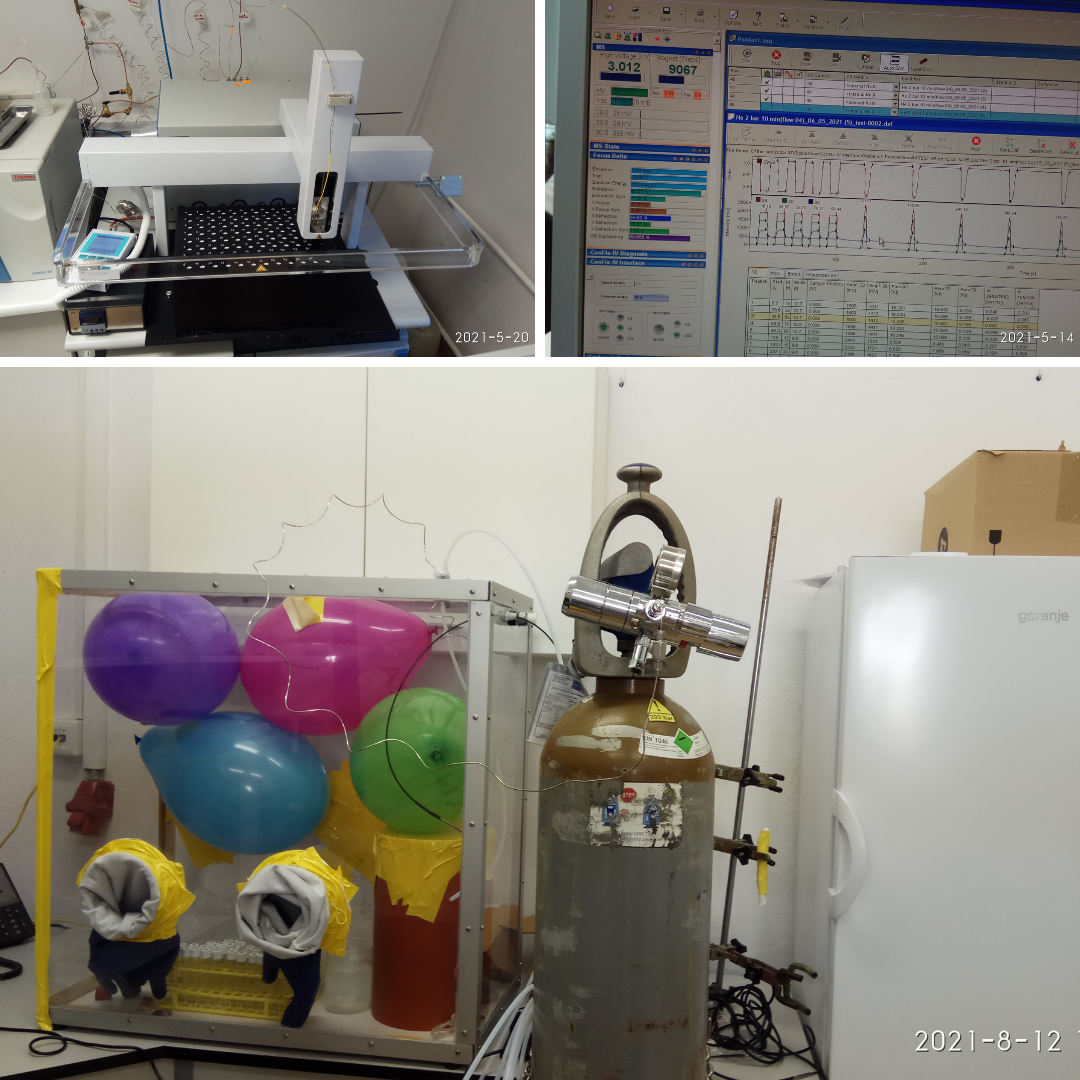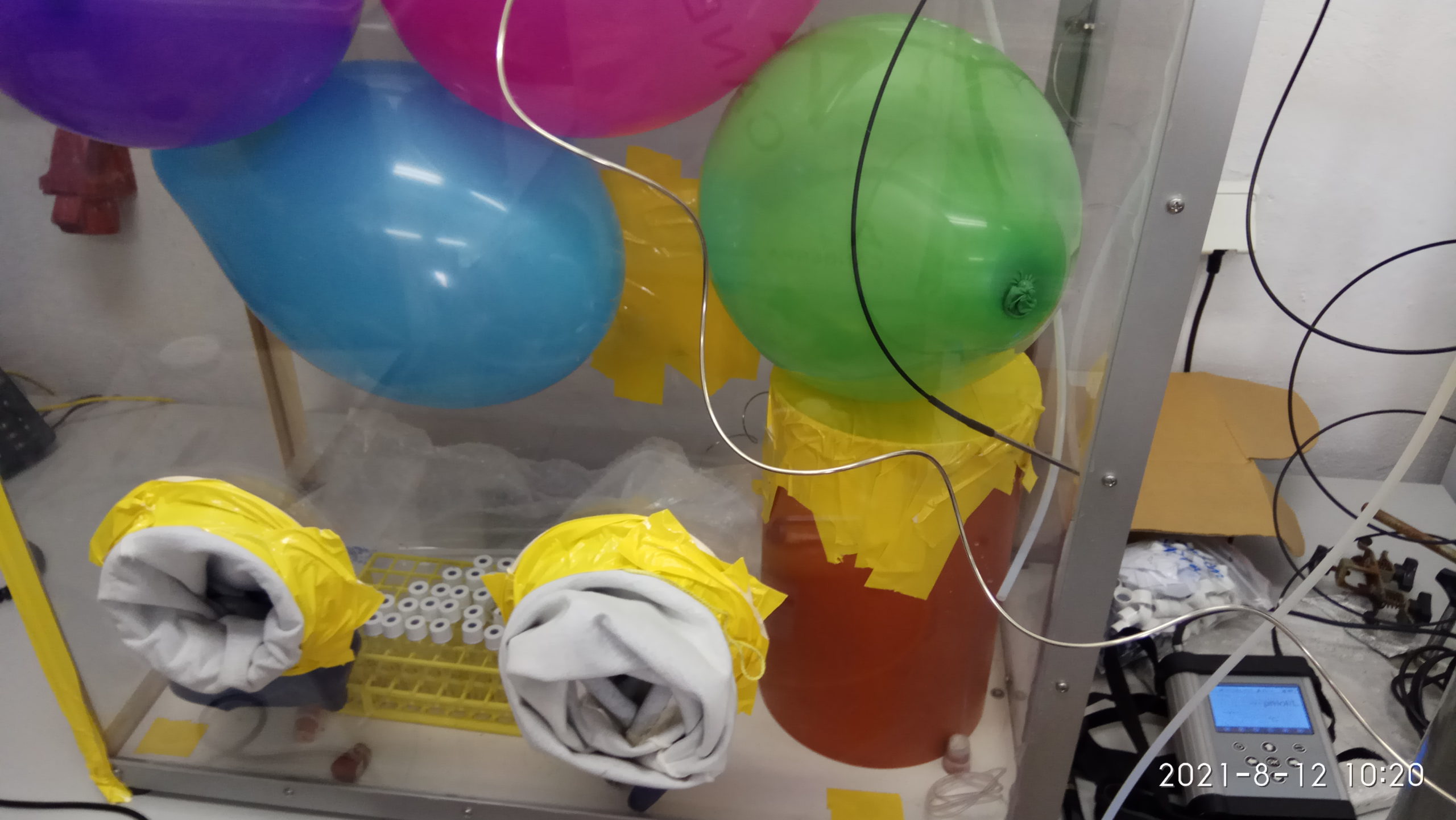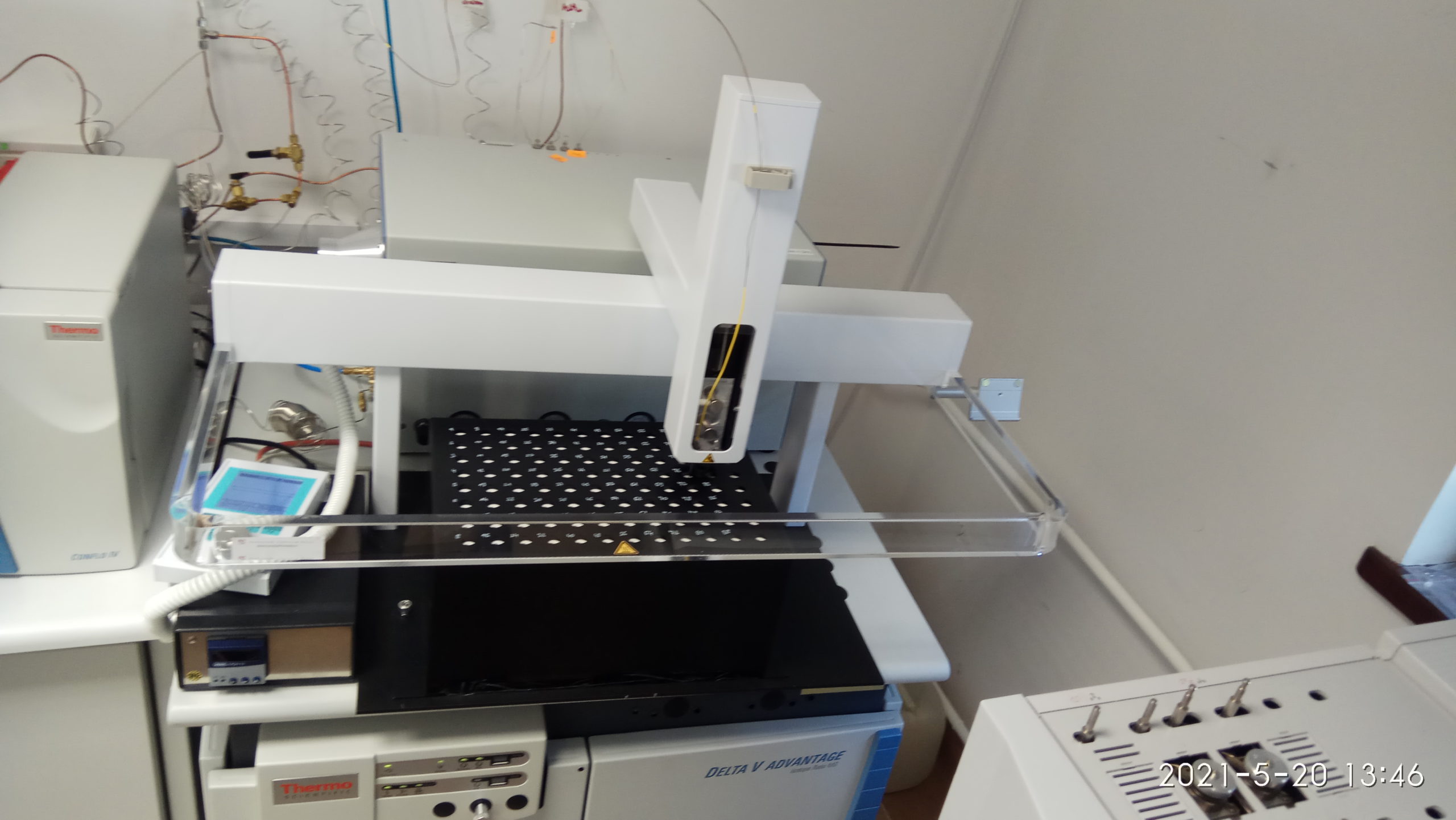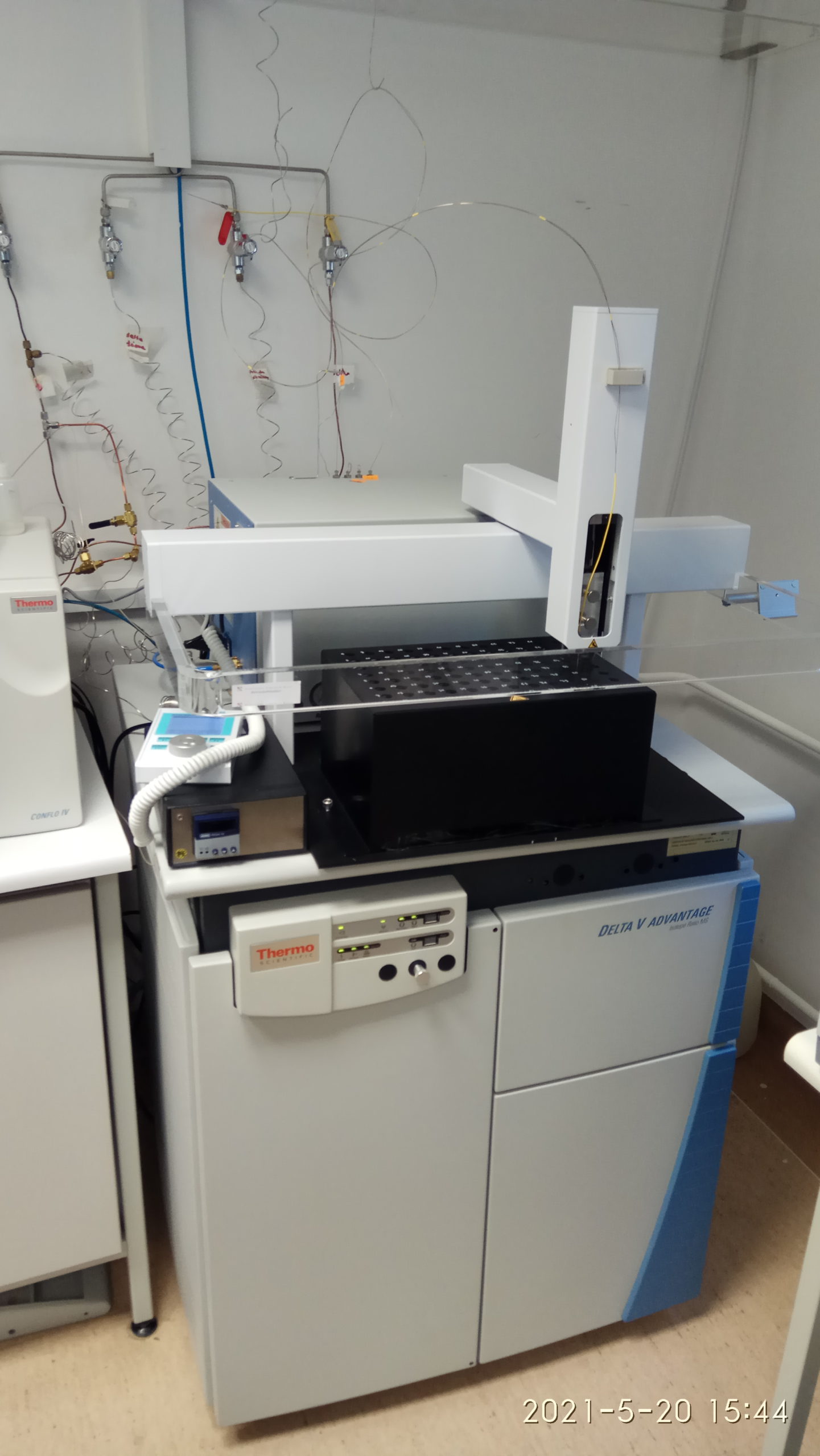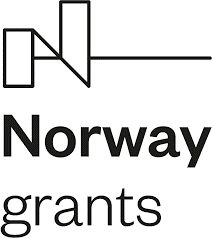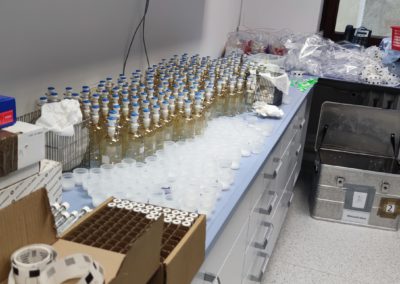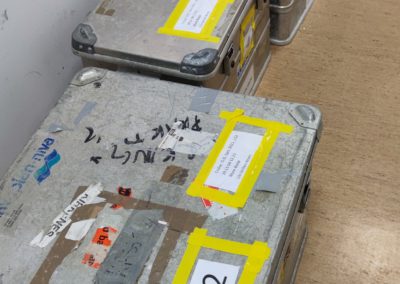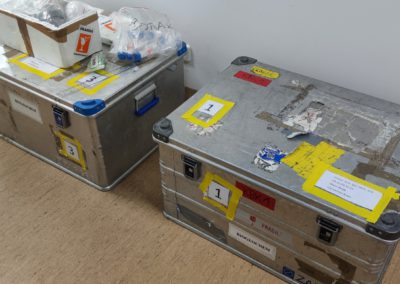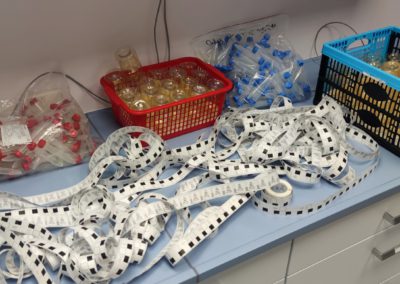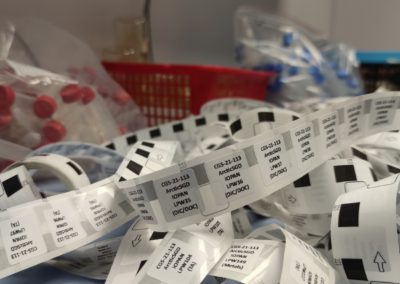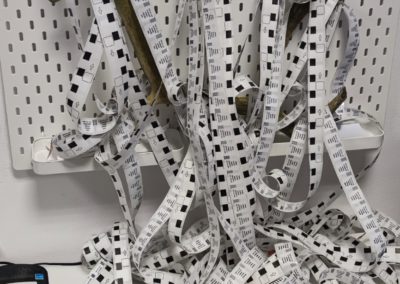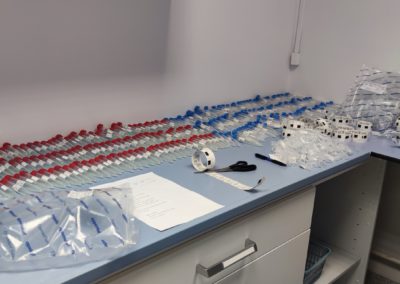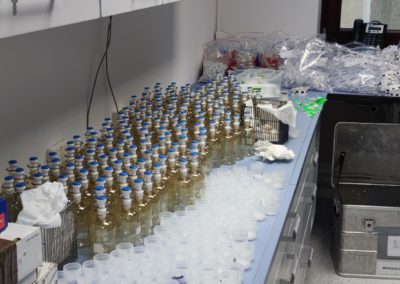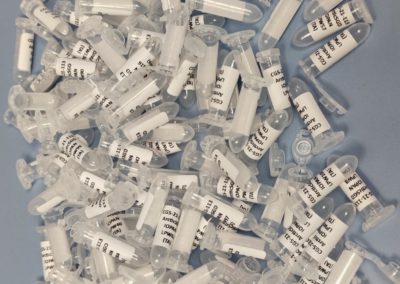
Merry Christmas!
Merry Christmas!
We wish you a Merry Christmas and Happy New Year!

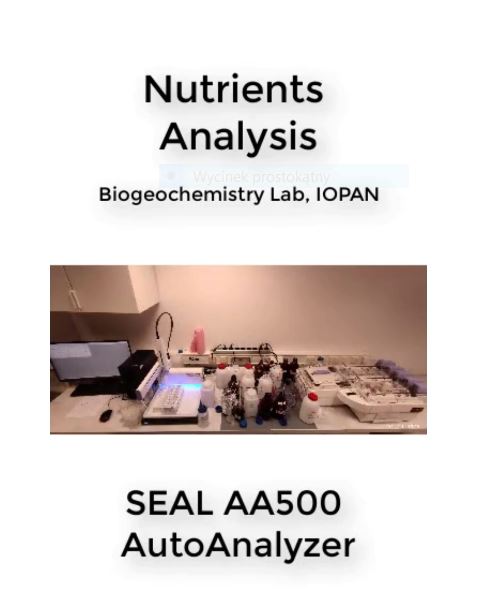
Nutrients analysis
Nutrients analysis
The ArcticSGD project investigates all aspects of submarine groundwater discharge (SGD), as an essential component of biogeochemical budgets. Fresh SGD is a source of new nutrients, and the study of nutrients helps to understand nutrient cycles (recycled nutrients from sediments or new nutrients from groundwater) in the European arctic. We collected 600 samples from seawater and porewater in Hornsund, Kongsfjorden, Krossfjorden, Isfjorden, and Norwegian fjords. 500 samples are analyzed at biogeochemistry laboratory in IOPAN and remind of samples are analyzing soon. We will collect nutrients samples during the next cruise to Lofoten, from seawater and porewater to study SGD and the nutrients cycle in the canyons. Video Reza Saghravani
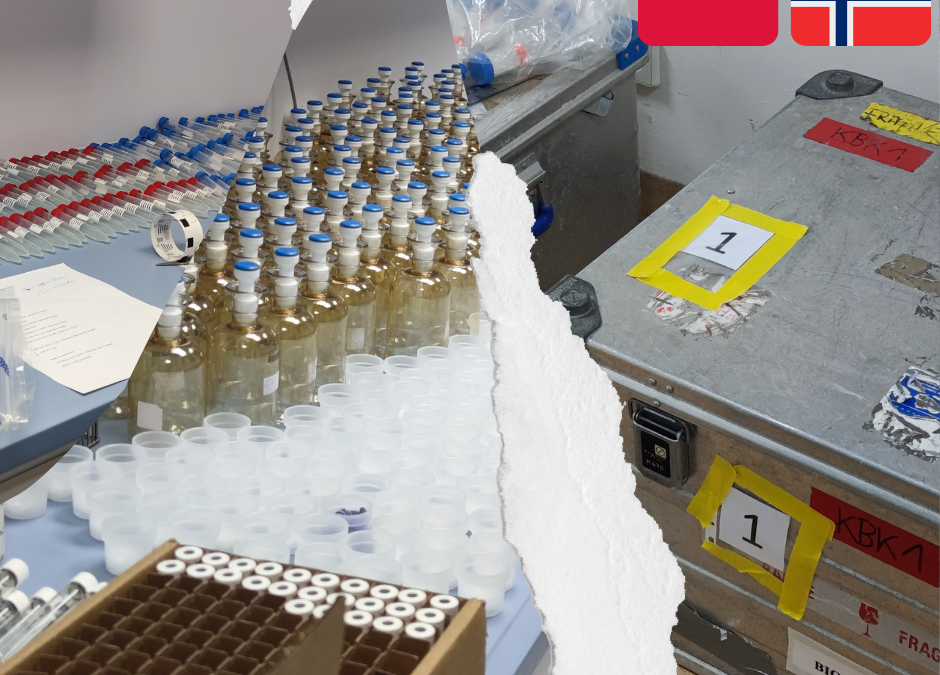
Lofoten-Vesterålen cruise
Lofoten-Vesterålen cruise
We are prepared for our second cruise in the Lofoten-Vesterålen with RV “G.O. Sars” that is owned by the Institute of Marine Research (IMR) in Bergen. We will start on 29th of November. We are planning to collect column water from ROV and rosette, sediments and pore water for DOC, DIC, nutrients, methane, groundwater for endmembers, biological samples etc. Keep fingers crossed! Fot. Reza Saghravani
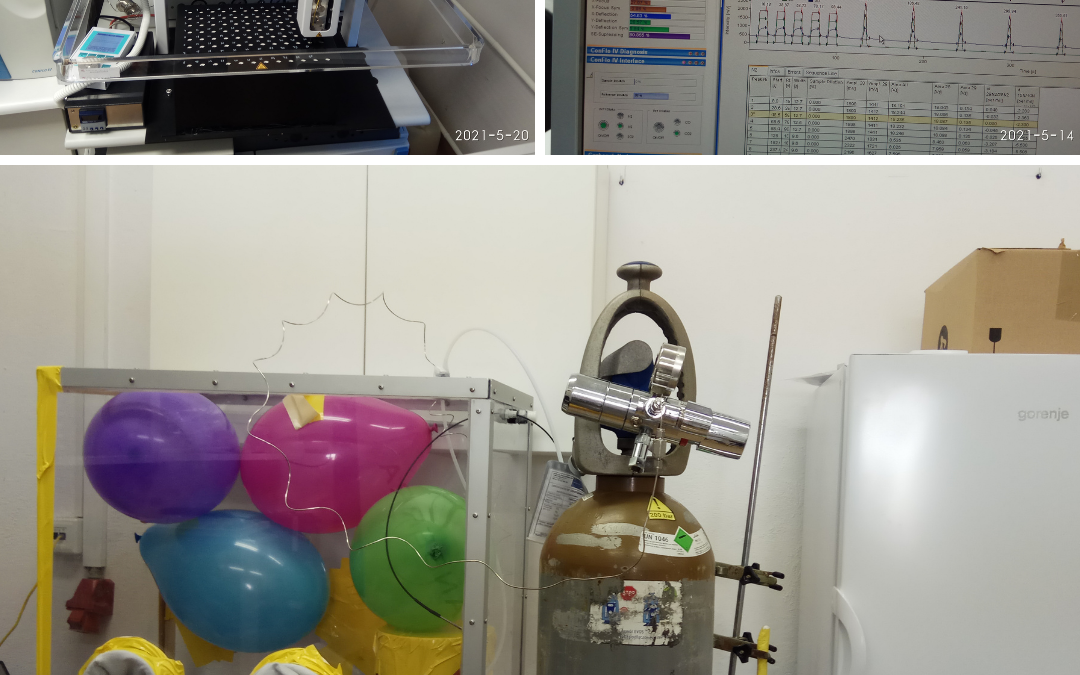
GasBench tests
GasBench tests
GasBench II, which is universal on-line gas preparation and introduction system. The combination of GasBench interface and Isotope Ratio Mass Spectrometry is a promising method for the δ15N analysis of samples containing trace amounts of nitrogen. Some time ago we solved problem with high background of nitrogen in the atmosphere and RSD of obtained analysis! Tests were prepared in a special glovebox designed by Dr Marta Borecka and made by Mr. Zbigniew Ciećwierz. Now we will try to figure out troubles with background of mass 30N2. Establishment of the methodology on GasBench/isotope ratio mass spectrometry (GasBench/IRMS) system will allow us to determine anammox and denitrification processes occurring in the marine environment. Fot. Magdalena Diak
